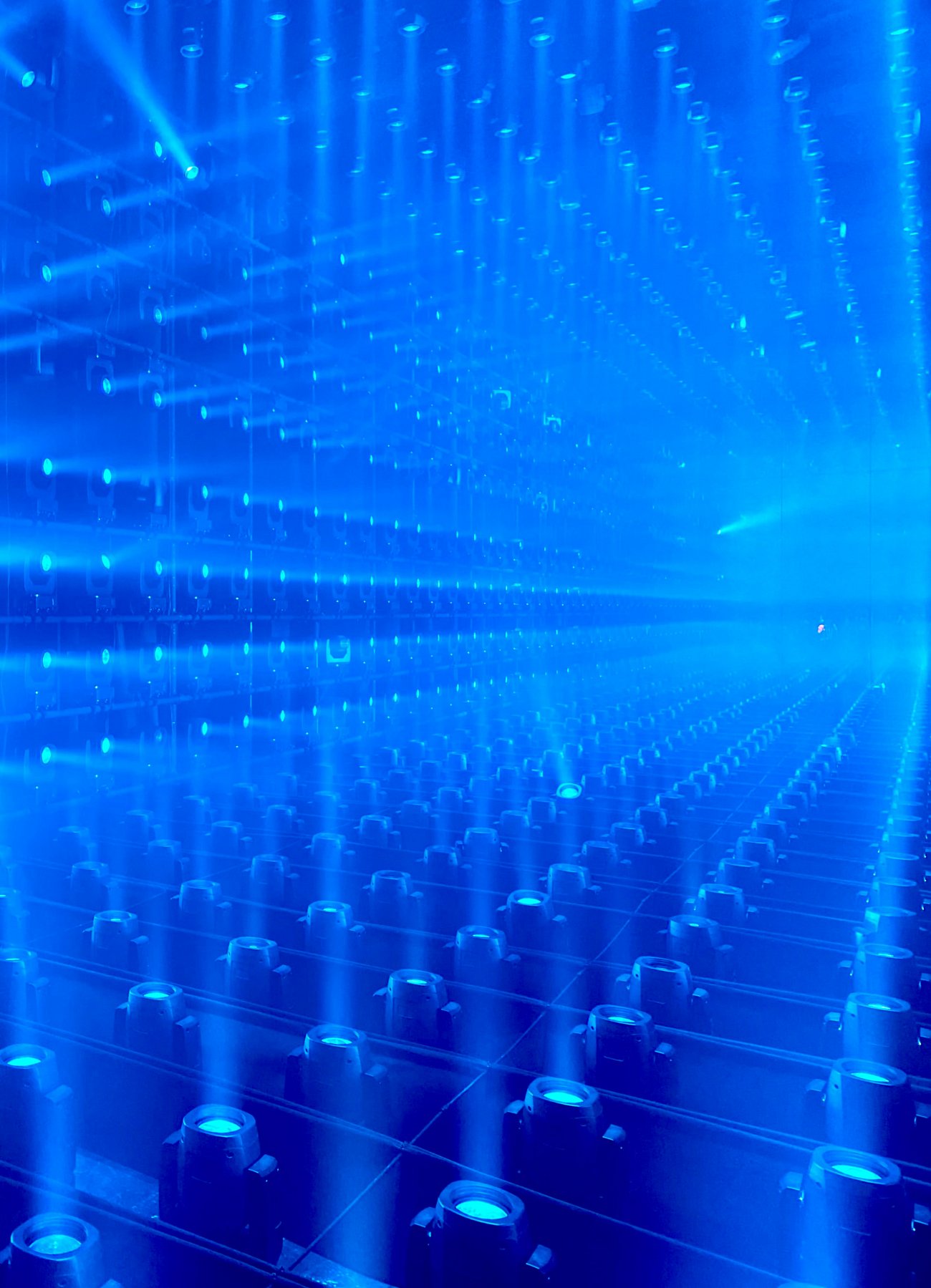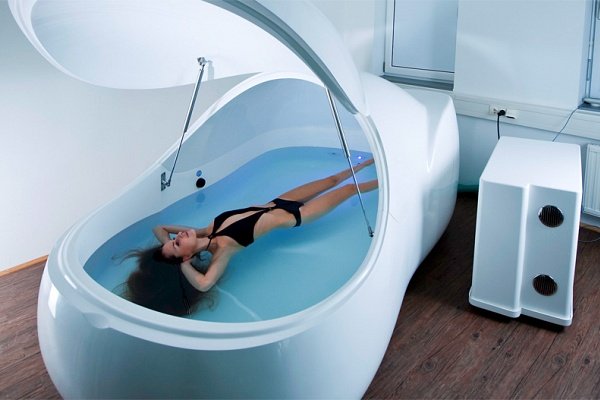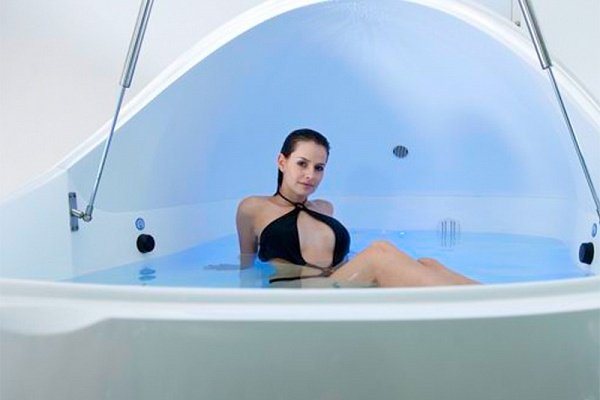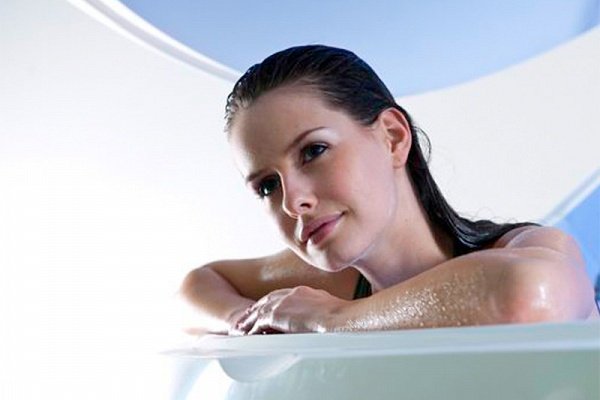06 August 2021, by i-sopod
Today we’re talking blue light and hormone health. Why? These are important topics that affect everyone right now, as we lead lives increasingly plugged into devices and exposed to artificial blue light. As we operate in the wellbeing industry with a great tool for improving people’s wellness, we think it’s important to look at the myriad ways we can hack our lifestyles to boost wellbeing.
What is blue light and how does it affect you?
Blue light in itself isn’t bad – the sun naturally omits blue and green light too. We need this part of the light spectrum to feel alert and ready for the day – which is why it’s good to open your curtains first thing in the morning, to get a blast of sunlight (even if it’s cloudy!) into the room and give your energy a boost to start the day.
These days though, we’re exposed to a lot of artificial blue light at all times of day – coming from our laptops, phones and TVs, and even our indoor lighting.
So how does blue light work and how can it be a bad thing?
When we’re exposed to blue light, cortisol is released, also known as the stress hormone, as it makes us more alert, and increases our heart rate and blood pressure (kind of like an internal caffeine hit). After the sun goes down, the lights we are exposed to change to the more restorative reds and yellows, which are responsible for releasing melatonin (the hormone which helps us to relax and sleep).
If we’re exposed to too much artificial blue light, sat in front of our glaring laptops and phones in the evening for instance, we’re therefore encouraging a constant production of cortisol. This is why if you’ve been working late it’s a lot harder to wind down – too much blue light exposure has a serious impact on our circadian rhythm, and therefore affects the quality and duration of our sleep.
Here are a few quick facts about what increased cortisol levels can cause:
- Impaired melatonin release – less of this natural R&R hormone is released if cortisol levels are constantly high, and the inhibition of melatonin can affect more than just your sleep. Melatonin is also a powerful antioxidant which tackles free radicals and reduces inflammation, basically providing your body with a free, nightly detox (if you’re getting good quality sleep).
- Higher anxiety and stress levels – the body stays in fight-or-flight mode when it’s running on cortisol.
- Disruption to your circadian rhythm – affects your quality and length of sleep, and your metabolism, cardiovascular and gastro health can also be impaired.
- Speeding up the ageing process – this exposure to artificial blue light causes our cellular clocks to speed up, accelerating our internal sense of time and therefore how fast our body ages.
- Can contribute to thyroid issues – the thyroid is located in the throat area very close to the skin (particularly in women – who do not have an Adam’s Apple as an extra layer of protection). Blue light penetrates our system not only through our eyes, but also through our skin. Blue light therefore goes straight to the thyroid, which can lead to an imbalance in hormone production and release.
- Weight gain – the body holds onto extra fat when cortisol levels are constantly high; as a reaction to this heightened state of stress, this is essentially a survival tactic.
- Other effects of too much blue light which those of us who work in front of our screens all day can definitely testify to include digital eye-strain and headaches.
What can we do about it?
As technology is so interwoven into our lives these days, and considering there is blue light being omitted even in the lights we have in our homes – what can we do to reduce exposure and give our bodies a break?
We LOVE Blublox – the pioneers in blue light blocking technology, these guys sell an amazing range of products, from a selection of blue light glasses for both day time and evening, to specifically designed light bulbs for your home. (FYI, this isn’t a sponsored post – we’re just happy to talk about a product we love and can totally vouch for!)
Using these glasses while you work at your laptop or scroll through your phone is a safe and effective way to reduce or block exposure (depending on the lenses you go for).
At home there are also some simple hacks you can try for shutting out unnecessary exposure to blue light. For instance, switching from LED lights to traditional lightbulbs with softer hues, taping over the blue lights on your wifi router and other home devices, and even making a conscious effort to switch to candlelight in the evenings can be really beneficial.
What’s the link to floatation?
The good news is – an hour in a float tank gives you a total break from all external light sources. This gives your body an amazing opportunity to switch off, recharge, and boost those melatonin levels. Floating is based on sensory deprivation, so your system is actually getting a break from all sensory stimulation, not just light. After your hour of rest and recalibration, a blue light gently comes on to help you wake up gradually (which also enables you to get home from the float centre ok!!)
Remember – exposure blue light in itself, when mostly from natural sources, at the right times of day, and in the right dose – is not a bad thing. It’s our constant exposure, day and night to artificial blue light which isn’t healthy. So finding any life hacks that work for you to reduce the blue light in your life is worth a try. You will start to notice the benefits in no time.






